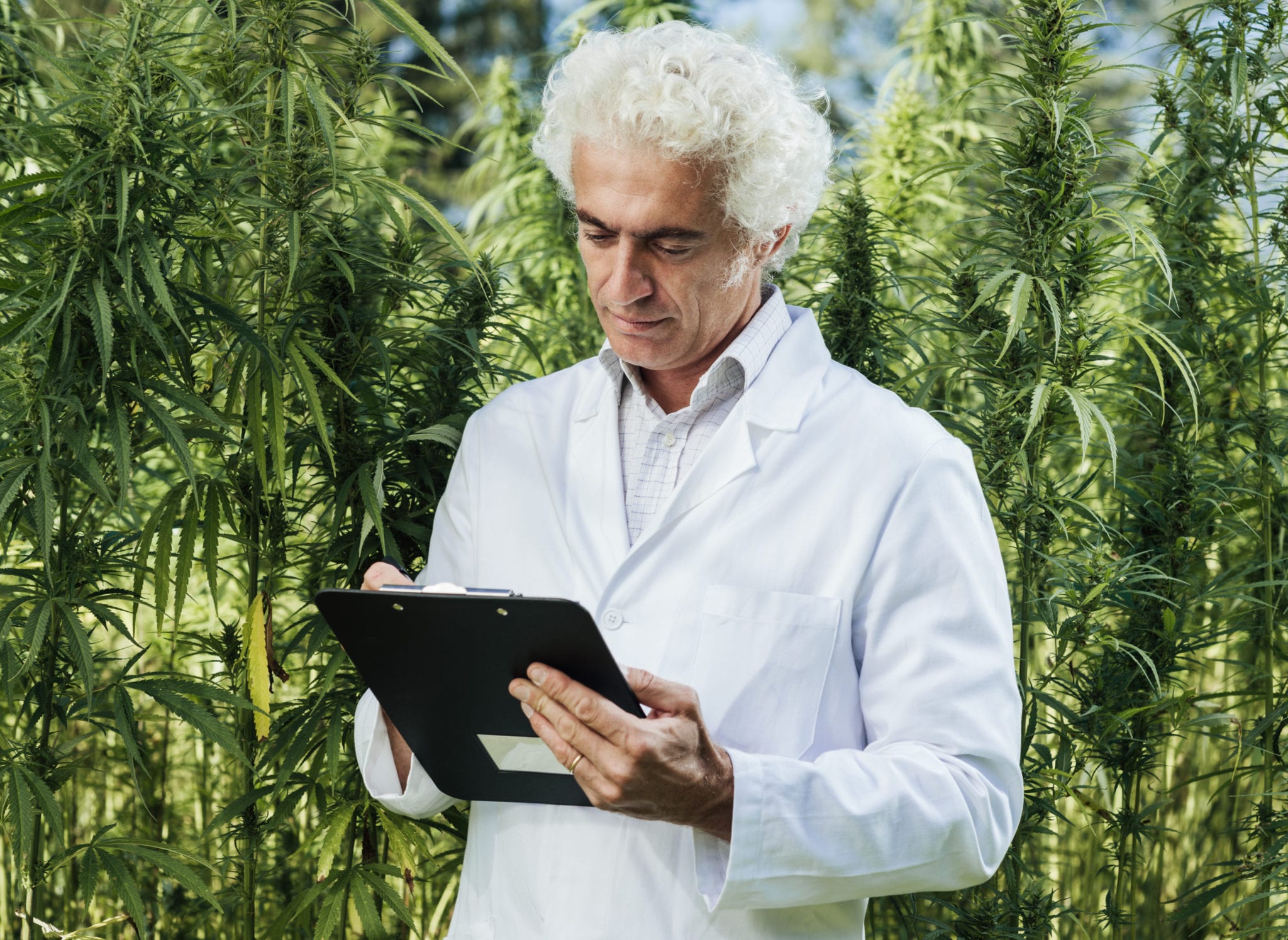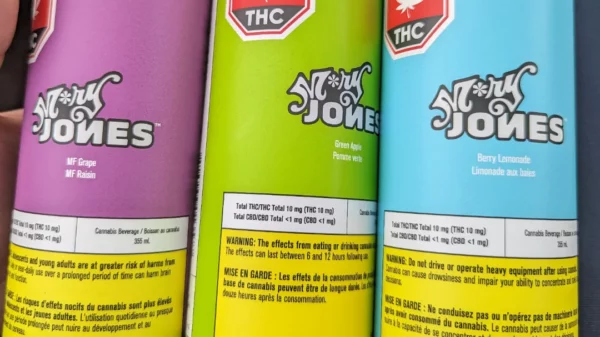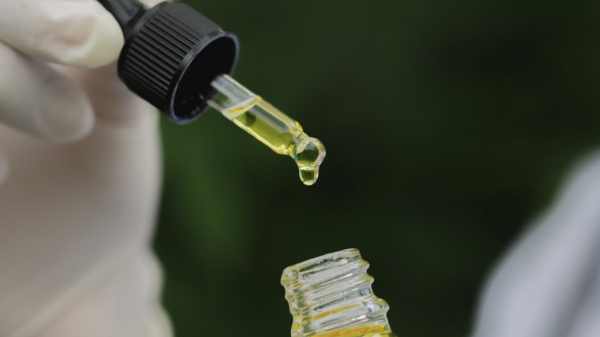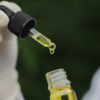Long-term clinical research is a tedious, exacting process and for decades prohibition and stigmatization of marijuana made it nearly impossible to conduct trials on the banned drug, locking away its potential medical uses.
But with perceptions changing and more countries and U.S. states legalizing cannabis, it’s opening a floodgate of new research to discover how useful the substance can be in scientific, medical terms.
And Canada, the first developed nation to legalize recreational pot, is leading the charge on the research front. Not only is Ottawa earmarking nearly $25 million in cannabis studies, with a number looking at its potential medical uses, but legal licensed producers are also teaming up with professional sports leagues to find out if cannabis can help ailing athletes.
On May 22, Canada’s pot czar Bill Blair said the federal government will fund projects across the country to look at how cannabis can treat cancer, chronic pain and anxiety, while also looking into its effects on mental health.
The announcement was made at the University of Calgary where three of the studies will look at:
- Cannabinoid hyperemesis, a condition that can cause severe nausea and vomiting.
- Cannabis education and harm reduction messaging for youth.
- Cannabis treatments for migraines
“For too long many people have based their medical use of cannabis on anecdotal evidence, and frankly that’s not good enough,” Blair told reporters.
Advancing study into the substance is “something that wouldn’t be possible in the prohibition era,” and Canada’s move to be only the second country to legalize adult use of cannabis is instrumental in changing this, said Rebecca Haines-Saah of the U of C’s Cumming School of Medicine.
Aurora jumps in the octagon
A day before the government’s announcement, Aurora Cannabis Inc. (NYSE: ACB) (TSX: ACB) said it signed an “exclusive, multi-year, multi-million dollar, global partnership” with premier mixed martial arts organization, the UFC.
Both companies are teaming up to look at how hemp-derived CBD, the compound that’s also called cannabidiol, might help with athlete recovery.

Researchers estimate up to 3.8 million athletes suffer from sports-related concussions each year, and new studies will look at if cannabinoids can be an effective treatment.
The UFC boasts 300 million fans worldwide and the professional fighting league action is broadcast in 170 countries. A great chance to further educate the global community on the potential uses for cannabis.
Research will take place at the UFC’s Performance Institute in Las Vegas, Nevada, where former and current athletes will partake in clinical studies focusing on pain management, inflammation, injury/exercise recovery, and mental well-being.
“The Aurora-UFC research partnership creates a global platform to launch targeted educational and awareness campaigns, while creating numerous opportunities to accelerate our global CBD business,” said Aurora CEO Terry Booth in a statement.
Vancouver-based Aurora will assign its board director Dr. Jason Dyck, a University of Alberta professor and chair of molecular medicine research for the Canadian government, to lead the research team.
Canopy shoots and scores with the NHL
Back in March, the world’s largest cannabis company, Canopy Growth Corp. (NYSE: CGC) (TSX: WEED), said it was partnering with the National Hockey League Alumni Association (NHLAA) to study how CBD can help manage brain injuries and mental health issues.
The clinical trials are expected to start this summer to specifically look at the efficacy of cannabinoids as a treatment for post-concussion neurological diseases.
“NHL alumni gave everything they had during their careers, but the physical consequences after they hang up their skates can be devastating for both players and their loved ones for the rest of their lives,” Glenn Healy, executive director of the NHLAA, said in a release.
Researchers estimate up to 3.8 million athletes get a concussion each year, with 10 to 15 per cent suffering from chronic post-concussion symptoms. The results of the year-long study may offer a breakthrough in discovering how CBD can help with brain injuries, which could also be applied to other sport athletes and adults in accidents who suffer head trauma.
Around 100 former NHL players will take part in a randomized double-blind study with a team of world-renowned neurosurgeons.
“This complex and multidimensional study will give us an unprecedented understanding of the interaction between cannabidiol (CBD) and the brains and behaviours of former NHL players living with post-concussion symptoms,” said Dr. Mark Ware, Chief Medical Officer, Canopy Growth.
NFL connects with cannabis
The National Football League and the National Football League Player Association also announced two joint agreements on May 20 that will offer resources for pain management and behavioural health, which will include CBD and cannabis therapies, and promote wellness for NFL players.
A Joint Pain Management Committee will be set up with medical experts to create policies for team clubs to handle pain management, prescription drug use and research alternative treatment methods.
Allen Sills, the league’s chief medical officer, said alternative therapies would look at cannabinoid treatments but “the goal of this effort is well beyond marijuana—it’s to look at pain treatment.”
Even still the research is another giant step towards gaining more evidence-based medical uses for cannabis and further quell the stigmas attached to the drug bringing it further into the mainstream.














